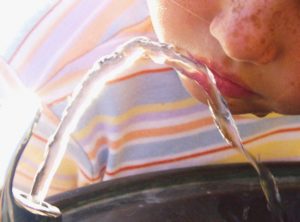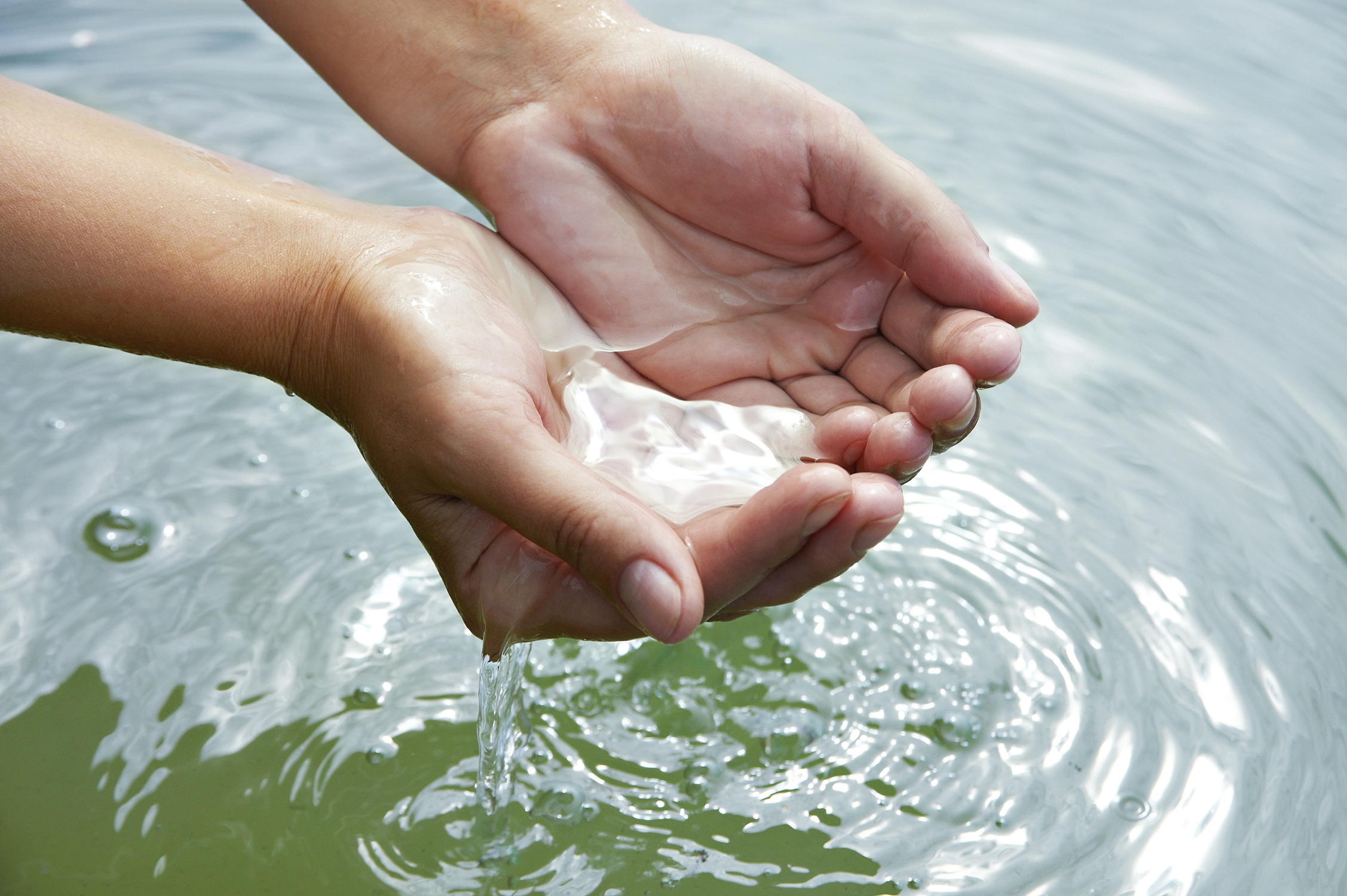 The misconception of drinking fountains carrying diseases fills individuals with a sense of doubt. Many years ago, individuals begin to develop a lack of trust in drinking fountains regardless if it’s realistic.
The misconception of drinking fountains carrying diseases fills individuals with a sense of doubt. Many years ago, individuals begin to develop a lack of trust in drinking fountains regardless if it’s realistic.
The New York Times article What Diseases Can You Get From a Water Fountain? addresses the concerns of bacteria that one can (or cannot) come in contact with by using a drinking fountain.
“For most public drinking water fountains, there is almost no risk of disease from the water itself, and probably not much from the spout. Even if children put their mouths on it momentarily, it is constantly being rinsed.“
To read the full article, click here!
8 Reasons to be Thankful for Clean Water1. Clean water helps us to deter from waterborne illnesses and parasites. Parasites can be spread by swallowing water that has been exposed to particular parasites. Proper hygiene also helps your immune system fight off parasites.
2. The Safe Drinking Water Act (SDWA) was passed in 1974 to set standards for the quality of drinking water that Americans consume on a daily basis. With the multitude of threats to drinking water, more than 160,000 public water systems work to ensure clean, quality water.
3. Around one billion people in the world don’t have access to clean water and around 3 million die from a waterborne illnesses each year (Via: Water.org).
4. Tap water regularly beats bottled water in taste tests, which goes to show how lucky we are to have easy access to tap water.
5. If you’re lucky enough to find yourself in New York City, you must drink the delicious tap water. The public water system was built in 1832 and delivers water from the upstate reservoirs.
6. Drinking fountains make it easy for everyone to have access to water. Luther Haws invented the drinking fountain to provide access to water in a sanitary way.
7. Not only is water valuable to our life dependencies, it is also used to make clothes, computers, food, and to keep the environment clean.
8. The average hamburger takes 2,400 liters of water to produce. As fortunate as we are to easily access fresh water, we must use water efficiently (Via National Geographic). Visit the National Geographic’s Freshwater website for more information.




